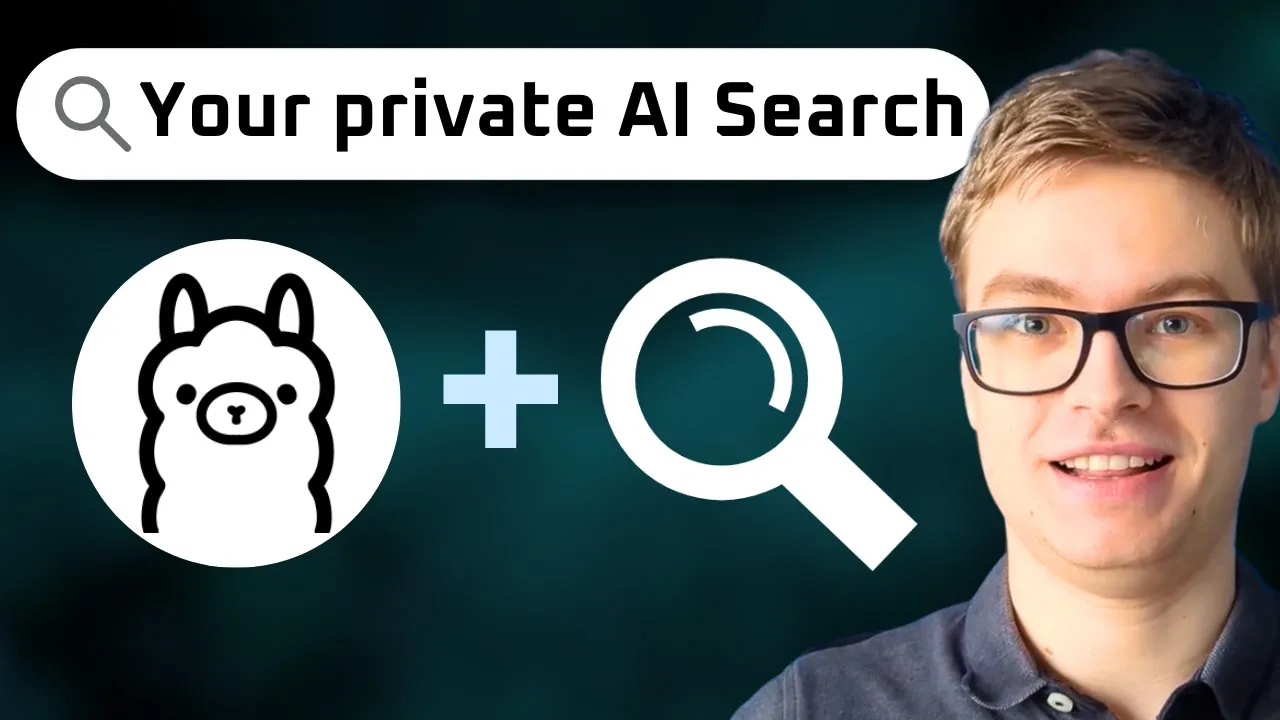The Strategic Advantages of Self-Hosted Search Engines
For decades, a handful of tech giants have dominated how we access information online. Their search engines have become so embedded in my digital lives that “googling” is synonymous with searching. But a quiet revolution is underway as self-hosted, AI-native search engines offer compelling alternatives with distinct strategic advantages.
Data Sovereignty in the Information Age
When you use conventional search engines, your queries, clicks, and behaviors become valuable data points in someone else’s business model. Self-hosting your search infrastructure fundamentally changes this relationship:
- Your search queries remain within your control
- Usage patterns and data stay private by default
- You determine which external services to query
- Information access becomes a tool rather than a transaction
This sovereignty extends beyond mere privacy, it represents control over your digital footprint. Organizations implementing self-hosted search can ensure sensitive queries never leave their infrastructure while still leveraging the power of AI synthesis. Understanding these principles is crucial for engineers building RAG systems that prioritize data privacy and control.
The Meta-Search Advantage
Traditional search relies on a single algorithm and index. Self-hosted meta-search engines take a radically different approach by:
- Querying multiple search providers simultaneously
- Combining results from diverse sources
- Leveraging the strengths of different search algorithms
- Creating a more comprehensive information landscape
This methodology produces notably different results than single-source search. When asking a complex question like “What did Nvidia announce at CES this year?” a meta-search approach pulls information from tech publications, company announcements, and industry analyses, creating a more complete picture than any single source could provide. This architecture mirrors how vector databases enable semantic search across multiple information sources simultaneously.
Customization Beyond Surface-Level
Commercial search platforms offer limited customization, typically restricted to safe search toggles and basic preferences. Self-hosted alternatives allow for profound customization at multiple levels:
- Selection of underlying search providers (Google, Bing, DuckDuckGo, etc.)
- Balance between privacy and comprehensiveness
- Adjustment of AI synthesis parameters
- Inclusion of specialized search verticals (images, academic papers, etc.)
This flexibility means search becomes tailored to specific needs rather than forcing users to adapt to a generalized system designed for the masses.
Breaking the Filter Bubble
A significant but often overlooked advantage of self-hosted search is the ability to escape the personalization algorithms that create information “filter bubbles.” By controlling your search infrastructure, you can:
- Reduce algorithmic bias in information retrieval
- Access more diverse viewpoints on complex topics
- Control what factors influence search ranking
- Create a more neutral information environment
For organizations and researchers, this ability to step outside the algorithmic curation of major search platforms can lead to better decision-making and more comprehensive understanding.
Balance of AI Synthesis and Source Transparency
Perhaps the most transformative aspect of modern self-hosted search is how it balances powerful AI synthesis with rigorous source attribution. This combination delivers:
- Comprehensive answers that save time and cognitive effort
- Full transparency about where information originates
- The ability to verify critical facts at their source
- Protection against AI hallucination through source grounding
This approach represents the best of both worlds, the efficiency of AI with the reliability of traditional source-based research.
Strategic Control of Information Flow
In an age where information access shapes everything from business decisions to public discourse, controlling your search infrastructure isn’t merely a technical choice, it’s a strategic one. Self-hosted search provides a level of independence that commercial offerings simply cannot match. For engineers looking to capitalize on these trends, building expertise in AI system architecture is essential for career advancement.
Whether you’re concerned about privacy, seeking more diverse information sources, or simply want more control over how you interact with the world’s knowledge, self-hosted AI-native search engines offer a compelling alternative to the status quo.
To see exactly how to implement these concepts in practice, watch the full video tutorial on YouTube. I walk through each step in detail and show you the technical aspects not covered in this post. If you’re interested in learning more about AI engineering, join the AI Engineering community where we share insights, resources, and support for your journey. Turn AI from a threat into your biggest career advantage!
